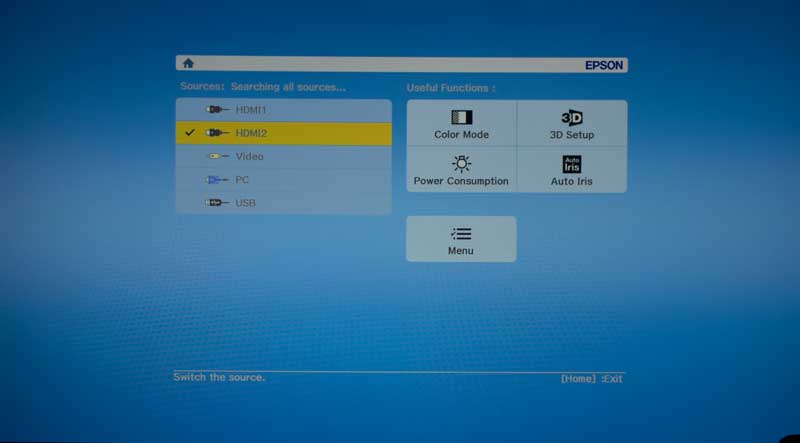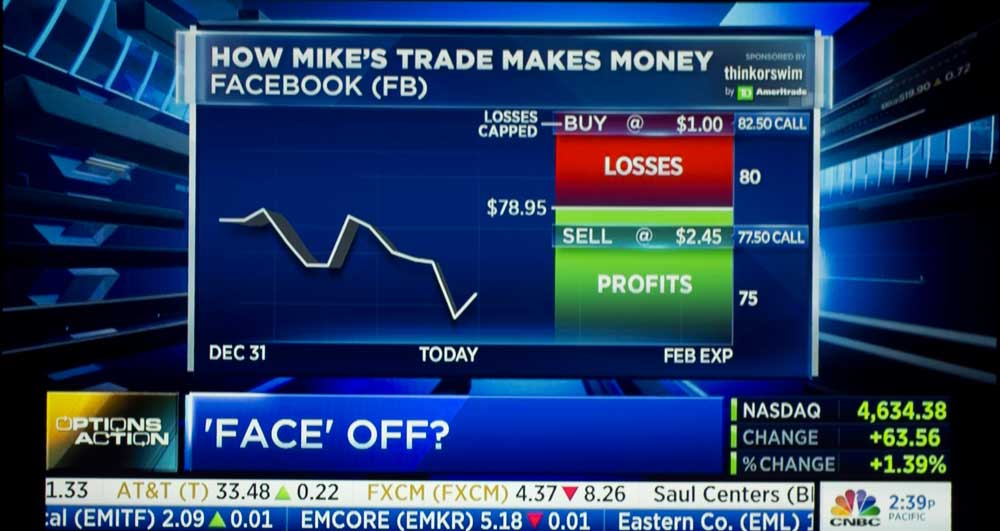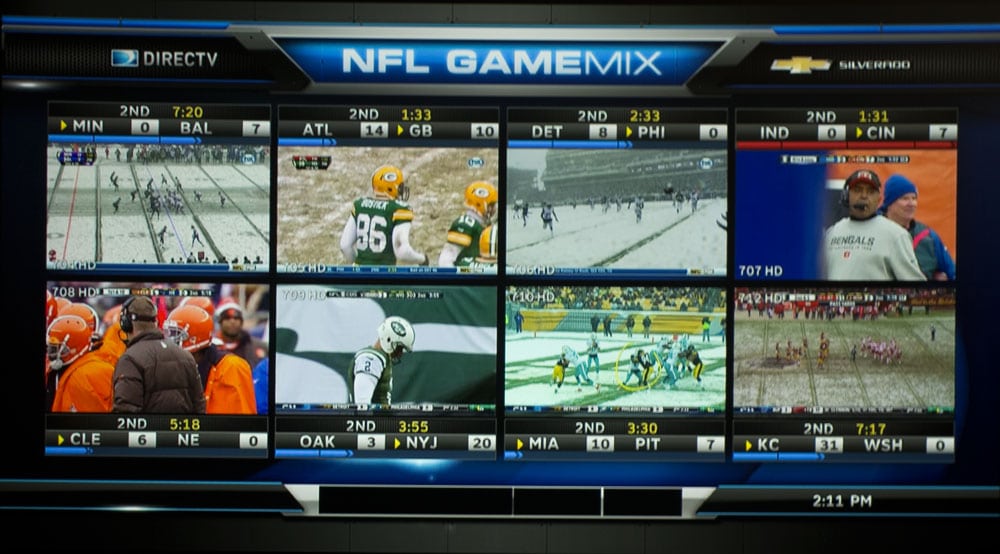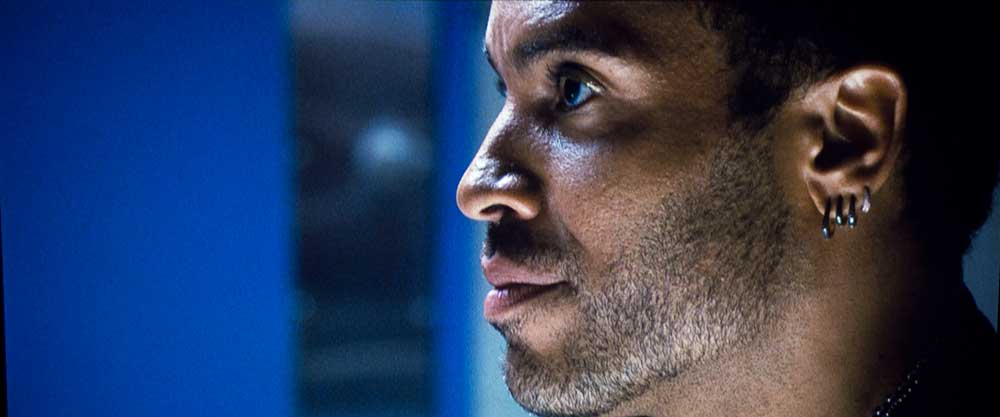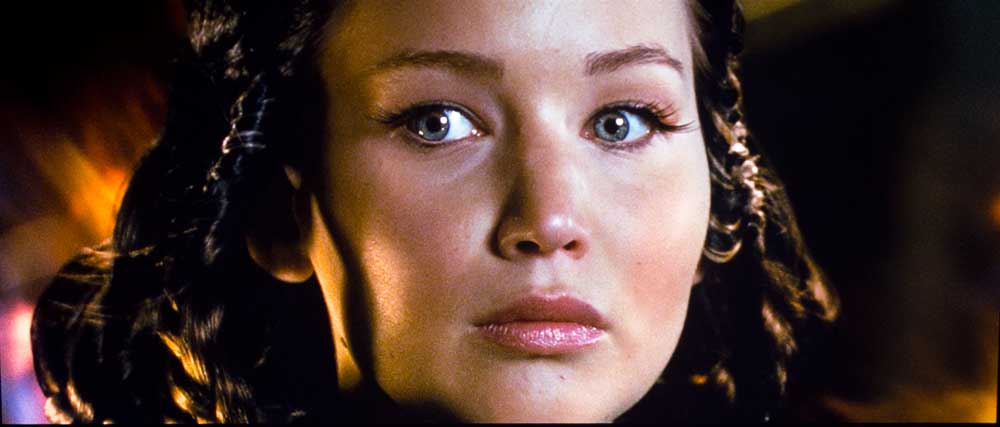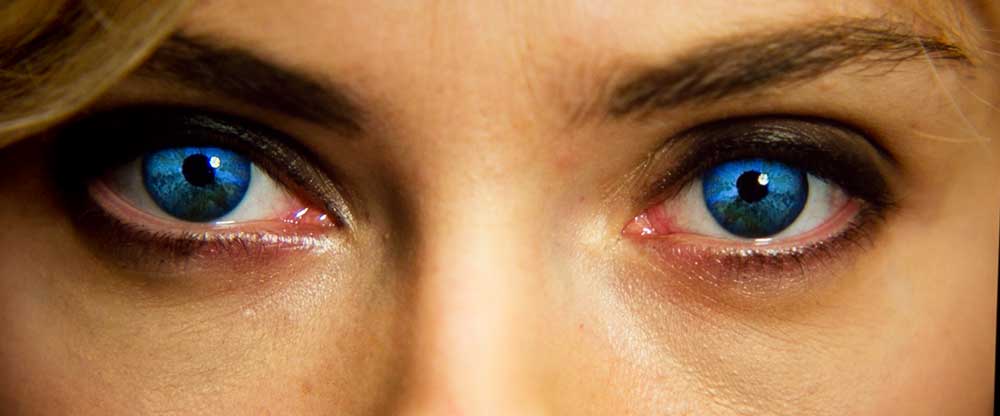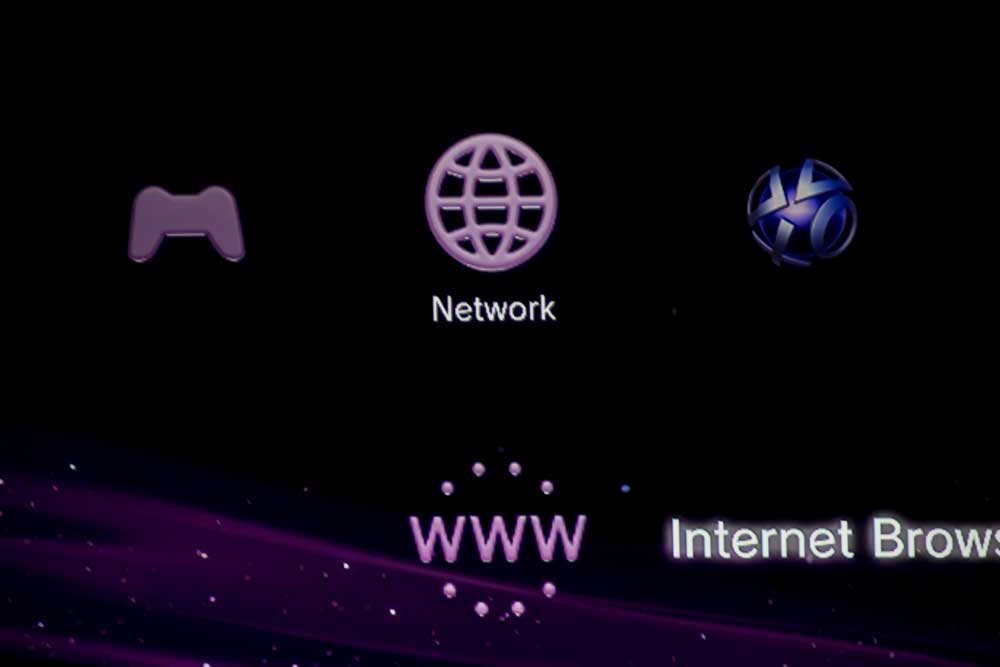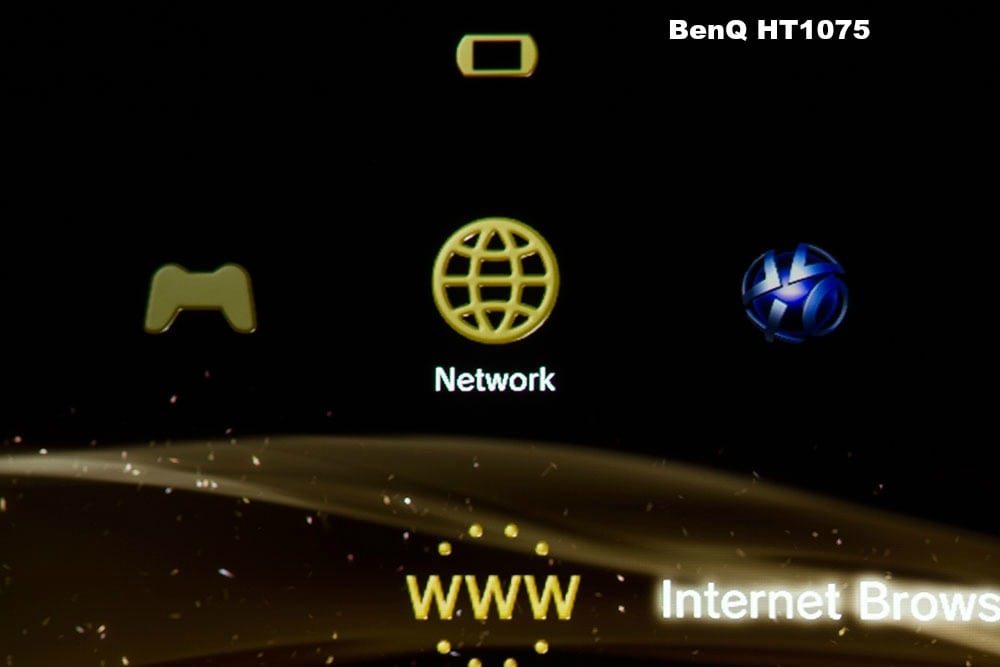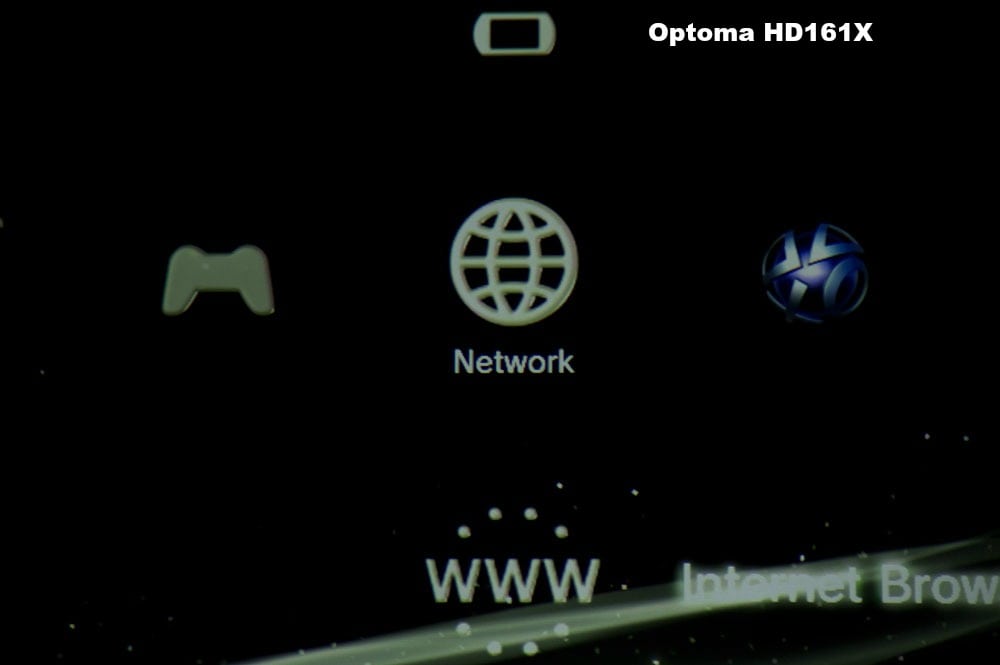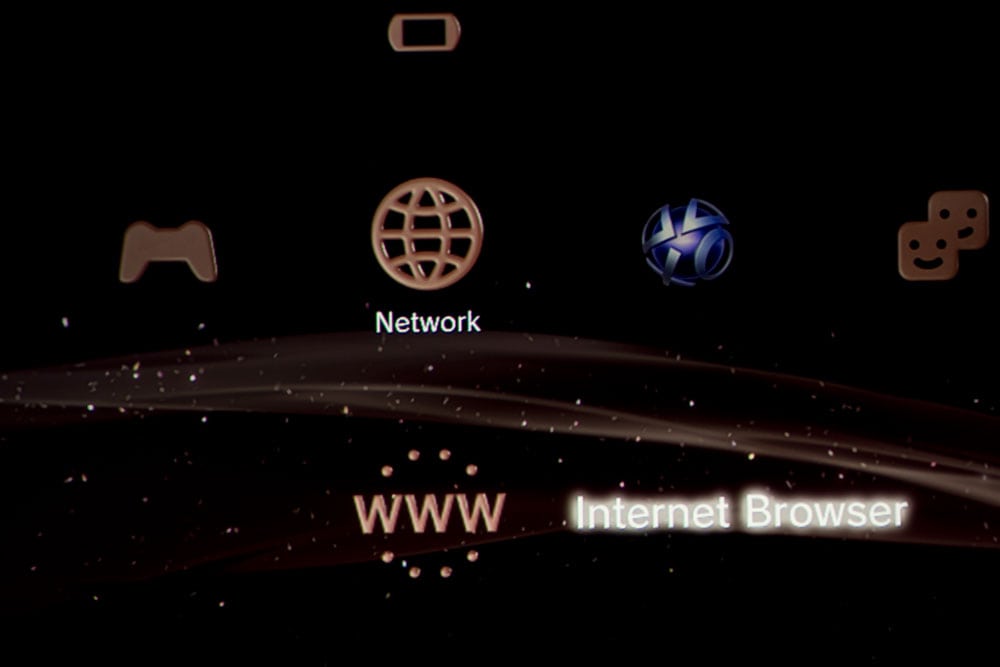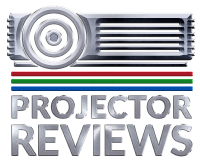HOME CINEMA 2040 AND 2045 PERFORMANCE: Brightness, Eco Mode, Sharpness, Image Noise, Audible Noise
| Mode |
Lumens |
| Dynamic |
2262 |
| Bright Cinema |
1848 |
| Natural |
1740 |
| Cinema |
1733 |
|
The Home Cinema 2040 beat its claimed 2200 lumens by a few percent, but then most projectors tend to come up short, so count that a very good thing. One thing to point out: We normally have Mike do measurements when he's calibrating a projector. Since we did not feel it necessary to calibrate this projector (doubly impressive since it's a pre-production version), I did my own measurements. As explained in other reviews and our reports, each of our meters measures a bit differently. Since Mike got new gear in early 2014, his gear measures about 7% higher than my meter. As a result, if comparing this projector with any of those Mike calibrated, you would want to inflate these numbers above by 7% to have "apples to apples."
Back to the projector! Dynamic mode, as mentioned on the previous page, tends to be a bit strong on greens. While you can adjust some of those away, we simply recommend using Bright Cinema which is 18% lower. By the time you take out a significant amount of that extra green, you'll be under 2000 lumens, so just use Bright Cinema, which will still have better color.
Bright Cinema mode is a bit punchier looking than Natural or Cinema, but it's other settings, rather than the few extra percent of brightness that makes Bright Cinema work better when cutting through more than a small amount of ambient light.
I spent my time watching most HDTV in Bright Cinema, and movies in Cinema mode.
Eco Mode
This is easy. Switch to Eco mode, and brightness drops almost exactly 30% which is a visible amount, but hardly huge. 30% less bright is typical for most Eco modes from most brands, although the range is from 20% to 40% lower when looking across many brands of projectors.
Based on Bright Cinema mode, the Epson in Eco clocks in at 1241 lumens, down 30.4%.
Expect that same percentage drop will apply no matter which mode you are considering.
That means just about an even 1200 lumens in Eco and Cinema. That's not too bright for watching in a dedicated theater on a 100" diagonal screen, which means that you can enjoy the HC2040 in a fully darkened room. That's something that a number of extra bright home entertainment projectors can't claim. A number of super-bright models are just too bright to use in a dedicated theater with all lights off.
The other advantage of Eco mode is that the projector is noticeably quieter, which is discussed further down the page.
Home Cinema 2040 Sharpness
Above are a good selection of images to indicate the overall sharpness of these Home Cinema projectors.
For all of these images the Detail Enhancement control is set to its middle position.
The first few images are off of HDTV which means 1080i content. When paused to shoot the image, DirecTV shows only one interlaced frame, so you are really seeing 1920x540, not true 1920x1080. (This has always been the case in all reviews.)
The closeup of the icons from the Sony PS3 home screen is followed by similar closeups from these projectors in order: BenQ HT1075, a single chip DLP direct competitor. Optoma HD161X / HD50, another single chip DLP, but one that sells for about $500 - $600 more. And for fun, another 3 chip device, the $3500 Sony VPL-HW55ES which is a top rated LCoS projector that has its own sophisticated detail enhancement feature (Reality Creation.)
Overall, keep in mind that single chip DLP projectors are just that, one beam of light, no convergence issues. The HC2040, is of course, 3LCD, so three panels' light are converging. There is always some mis-convergance. That gives the DLP's an inherent advantage, but other factors - lens quality, light path design, stray ambient light within the light engine, all have an affect. That said, it comes down to what you perceive. And that's where fancy detail enhancement algorithms come into play. There are visible differences with he PS3 icon in all four projectors but not one stands out above the others.
Bottom line: For a low cost projector, you get a nice sharp image. One that, among other things, doesn't seem noticeably different than that of the Sony, a top rated projector that sells for more than 4x the price.
Image Noise
As I have commented frequently, projectors and HDTVs have come a long way in the past decade. Any kind of serious image noise issues are rare. A decade ago, many projectors experienced some sort of motion related image noise problems, but today we have much better image processing, and most manufacturers go to one of the major image processing players, and contract for the technology (names like Faroudja, Gennum, Silicon Optix...), and save themselves the cost of developing their own. Others do create their own, but again, have had a long time to refine it.
The only time you get any "interesting" image noise from the Home Cinema 2040, is when pushing some dynamic controls toward their extreme ranges. That is, for example, using the 5 setting on detail enhancement (the highest number). Or, of course, pushing CFI to a high level, which always causes minor artifacts in the image around the moving objects and their surroundings as they pass through parts of the screen.
Bottom line, Detail Enhancement is best at 3 or less. CFI, avoid High. There's still image noise on normal, better on low, but I don't mind the minor noise when watching sports. I wouldn't go with a sitting higher than Low for any other content, and I don't recommend CFI in general on any device, for movie viewing because it so changes the way the movie can look.
HC2040 Audible Noise
Epson claims a very unimpressive 37 db at full power, which is on the high side. Eco mode at 29 db, however is fine for all but the most audible noise adverse, especially considering the price point.
I don't mind even the 37 if I'm watching something with a lot of action - movie, TV etc., and I rarely notice the noise if I've got sports going. But it isn't quiet. Typically single chip DLP projectors are less efficient than 3LCD projectors so are often noisier, but these Epsons are right up there with most other home "entertainment" projectors. That's not to say that some others may not be 3-6 db quieter (modest differences).
Bottom Line: At full power, these Epson's could be a bit quieter.

